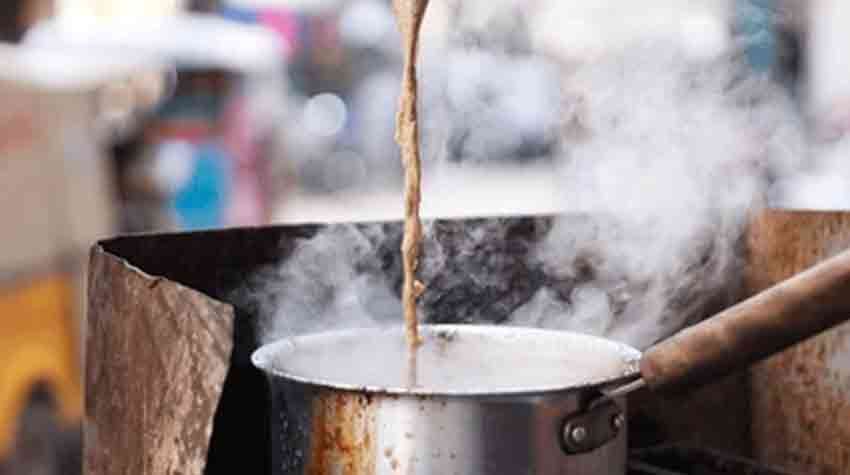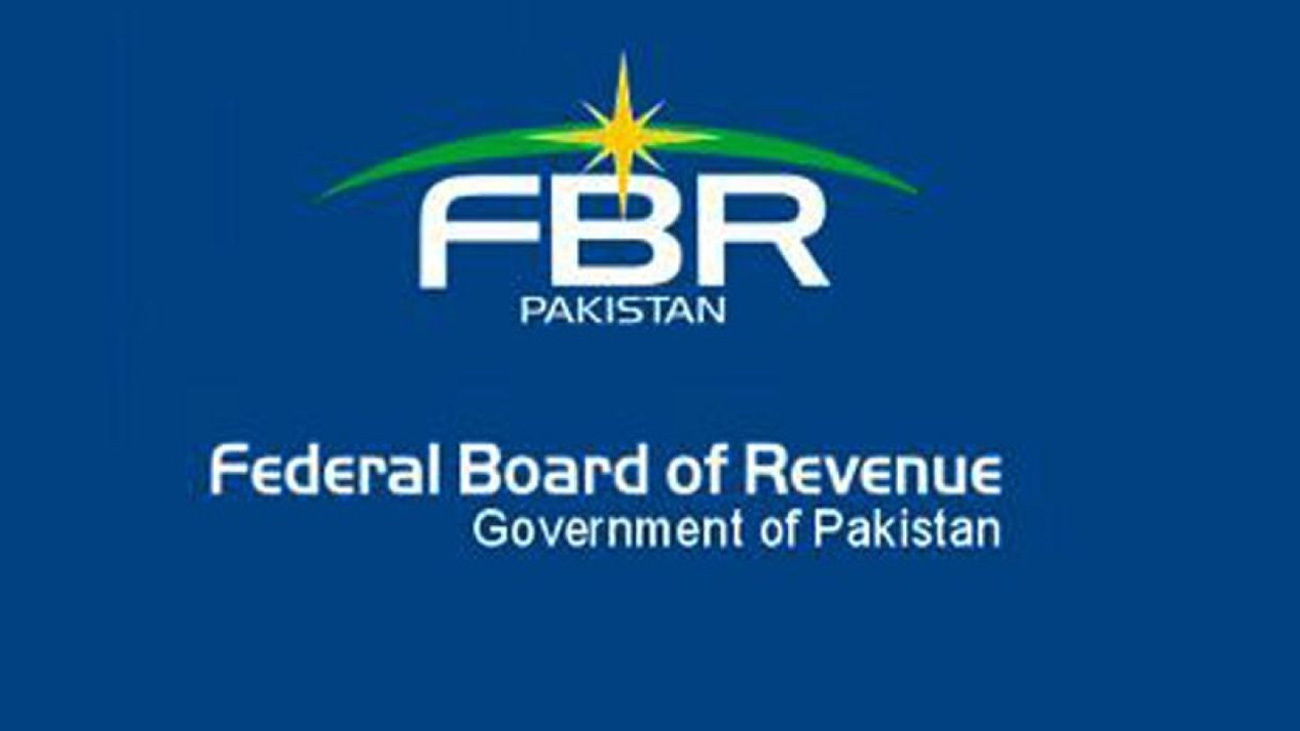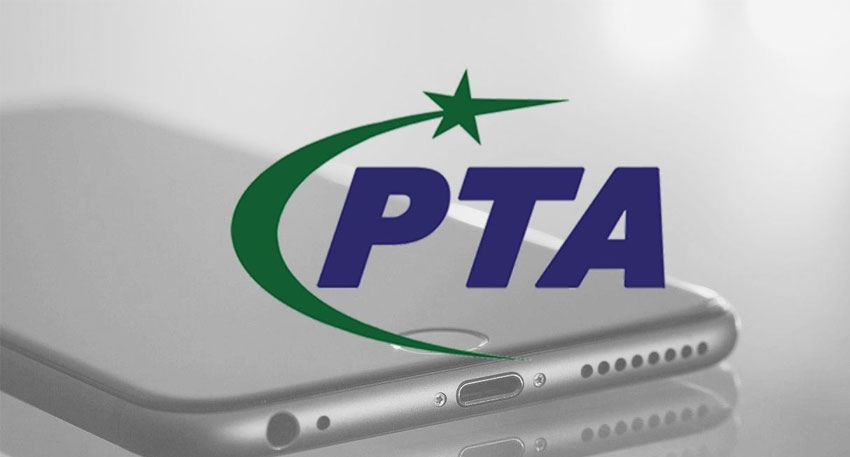
Tea has remained a daily staple in almost every Pakistani household, from urban centers to remote villages. Despite rising inflation and economic pressure, tea imports continued to surge, showing no sign of decline in national consumption habits.
As per the data, 246,514 metric tons of tea were imported during the year, with the total tea import bill reaching $629 million (USD).
Although the numbers are still high, there has been a 4.2% decrease in tea imports compared to the fiscal year 2023-24, when Pakistan imported around 259,000 metric tons of tea.
The monthly breakdown shows that in May 2025, the tea import bill stood at $60 million, while in June 2025, it dropped slightly to $49.7 million.
Despite economic challenges and currency depreciation, tea remains one of the most imported commodities in Pakistan, reflecting its deep cultural and social importance. From morning routines to evening gatherings, tea holds a special place in the daily life of Pakistanis.
Read More: USC closure requires Rs29 billion to implement VSS for its employees
Economic experts argue that Pakistan’s deep-rooted tea culture and lack of local production contribute to the rising import bill. “Pakistan ranks among the top tea-importing countries in the world,” said economist Dr. Rafia Khalid. “We need to explore domestic alternatives or begin local cultivation to reduce dependency.”
Tea remains the second most consumed beverage in the country after water. It plays a central role in daily routines, business meetings, and even political discussions, making it more of a cultural symbol than just a drink.
"The government has not made any plans yet to reduce tea imports or support local tea production, even though it is putting pressure on the country’s money."
With the current economic challenges, experts warn that such non-essential but high-cost imports may need serious reconsideration in future budget planning.




